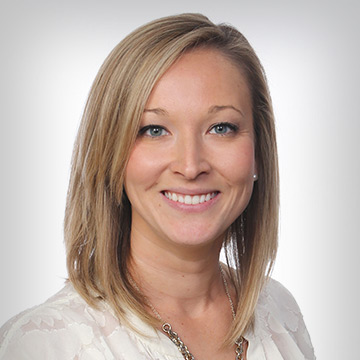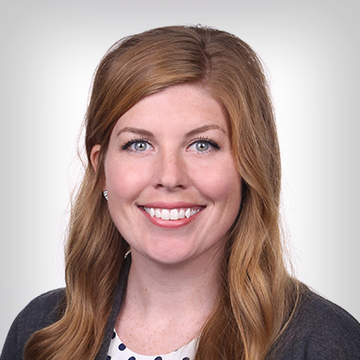Screening and diagnostic assessment is performed using Fibroscan technology and treatment plans are developed by your care team. Hepatology nurses provide education, support and follow up from diagnosis to cure.
Northwestern Medicine Liver Transplant Clinic
Digestive Health Institute hosts Northwestern Medicine Liver Transplant Clinic one Wednesday per month for evaluation and treatment of patients with complex liver disorders. Staffed by a hepatologist and nurse practitioner, this clinic offers services to all patients regardless of where patients receive treatment.
Types of Liver Disease
Nonalcoholic fatty liver disease (NAFLD)
A healthy liver has some fat. NAFLD is caused by too much fat in the liver. When it’s serious, it can damage your liver and keep it from functioning normally. NAFLD is not caused by drinking alcohol, but the damage can often look the same. While the direct cause of NAFLD isn’t known, there are certain things that can make the disease more likely to occur. These risk factors include but are not limited to obesity, diabetes, high cholesterol, high blood pressure, high triglycerides and high blood sugar levels.
The disease can be mild, or it can be more severe and include inflammation. When there’s inflammation, it’s called nonalcoholic steatohepatitis (NASH). At this point the fatty liver becomes inflamed and can lead to scarring (fibrosis). Over time, fibrosis can lead to cirrhosis (irreversible scarring, stiffening and damage), which is a life-threatening condition. Cirrhosis can then lead to liver failure or cancer. Many people with NAFLD notice no symptoms and may not realize they have the disease. Visit the Carle NAFLD conditions webpage to learn more about the common signs and symptoms of NAFLD.
The Carle Digestive Health Institute uses several methods – bloodwork, FibroScan, imaging and biopsies – to look for liver disease and diagnose the type and severity. The Digestive Health gastroenterology provider will work with your primary care provider (your regular doctor) to monitor your health and treat any symptoms or underlying health conditions. They will also work with you on controlling risk factors in order to prevent further damage to your liver. If NAFLD is caught early enough, treatment can improve or even reverse the disease. No medication can cure NAFLD, but your doctor may prescribe certain medications to help with treatment. Treating underlying conditions is the most important part of your treatment plan.
If we catch NAFLD early, we can manage the disease and improve your health. Ask your primary care provider to schedule your next liver checkup or screening.
Read what Dr. Patricia Henry, Carle Digestive Institute, has to say about the increase in atypical cases of Nonalcoholic fatty liver disease on the Carle Newsroom.
Alcohol-Related Liver Disease (ARLD)
This type of liver disease is caused by years of drinking too much alcohol. Heavy drinking consists of drinking eight or more drinks a week for women and 15 or more drinks a week for men. Consuming too much alcohol causes fat buildup on the liver and can lead to inflammation, scarring, cancer and liver failure – damage that’s permanent and can lead to death. If you catch liver disease during the early stages of fat buildup and inflammation, it can be successfully treated and the damage can be reversed.
Many people with NAFLD and early-stage ARLD notice no symptoms and may not realize they have the disease. But common signs and symptoms of ARLD, even in the early stages, can include:
- Fatigue and weakness.
- Fullness or pain in the abdomen.
- Elevated insulin levels, liver enzymes or triglyceride levels.
People with NASH and more severe ARLD often have these symptoms:
- Loss of appetite.
- Nausea and vomiting.
- Moderate or severe abdominal pain.
- Yellowing of the eyes or skin.
The Carle Digestive Health Institute uses several methods – bloodwork, FibroScan, imaging and biopsies – to look for liver disease and diagnose the type and severity. The Digestive Health gastroenterology provider will work with your primary care provider (your regular doctor) to monitor your health and treat any symptoms or underlying health conditions. Get liver checkups and screenings regularly, because it’s often hard to notice symptoms otherwise (during the early stages of the disease). Ask your primary care doctor for more information and visit
LiverFoundation.org, the website of the American Liver Foundation.
Call your doctor today to schedule your next liver checkup or screening.



